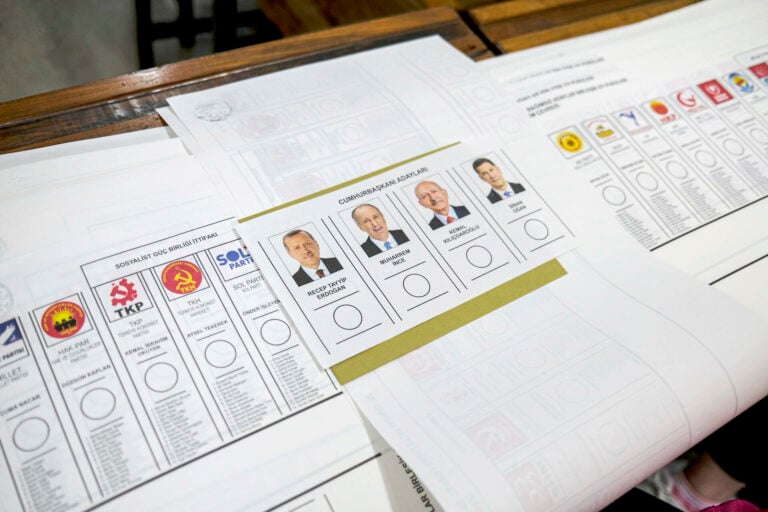The superficial comparison was inevitable between the high turnout in the Turkish elections of the Turkish diaspora compared to the Greek diaspora of Australia, especially when the latter is numerically much larger than the Turkish diaspora. But the bottom line is that Greek democracy is dysfunctional and flawed, while Turkish democracy has been evaluated as a hybrid and clientelist regime over the years. Reasonably, the other side of the coin should be a comparison with a focus on the cultivation of this clientelist relationship with the Turkish diaspora.
Indeed, there is research based evidence of political connections between the Republic of Turkey and the German-Turkish diaspora. It shows that through a combination of purposeful ethnic agitation, encouragement of support for political-Islamic ideas, and the constant monitoring of the German-Turkish electorate, the AKP, and President Erdoğan have cultivated a reliable and significant voting bloc that is demonstrably loyal to the incumbent government.

Therefore, Greek-Australian Diaspora leaders that argue for a “better” electoral law to allow more Greek nationals to vote should take into account the pitfalls that may arise. After all, we got a first taste of the choices of the Greek political parties in the State ballots of representatives of the Greek diaspora. One needs to dig much deeper than the comparison of the Greek and Turkish diaspora voter participation and turnout numbers in Australia.
The contribution of the Greek diaspora should be that of the initiator/promoter for the spread of optimal institutions that can enhance diaspora entrepreneurial networks, as it was the case historically, today the Greek state remains weak and with limited local entrepreneurship. This creative relationship with the diaspora has disappeared today and should be the focus of engagement, taking into account the contemporary facts and developments, and diaspora leaders should focus their attention on it, and not on political expediency and clientelism.









